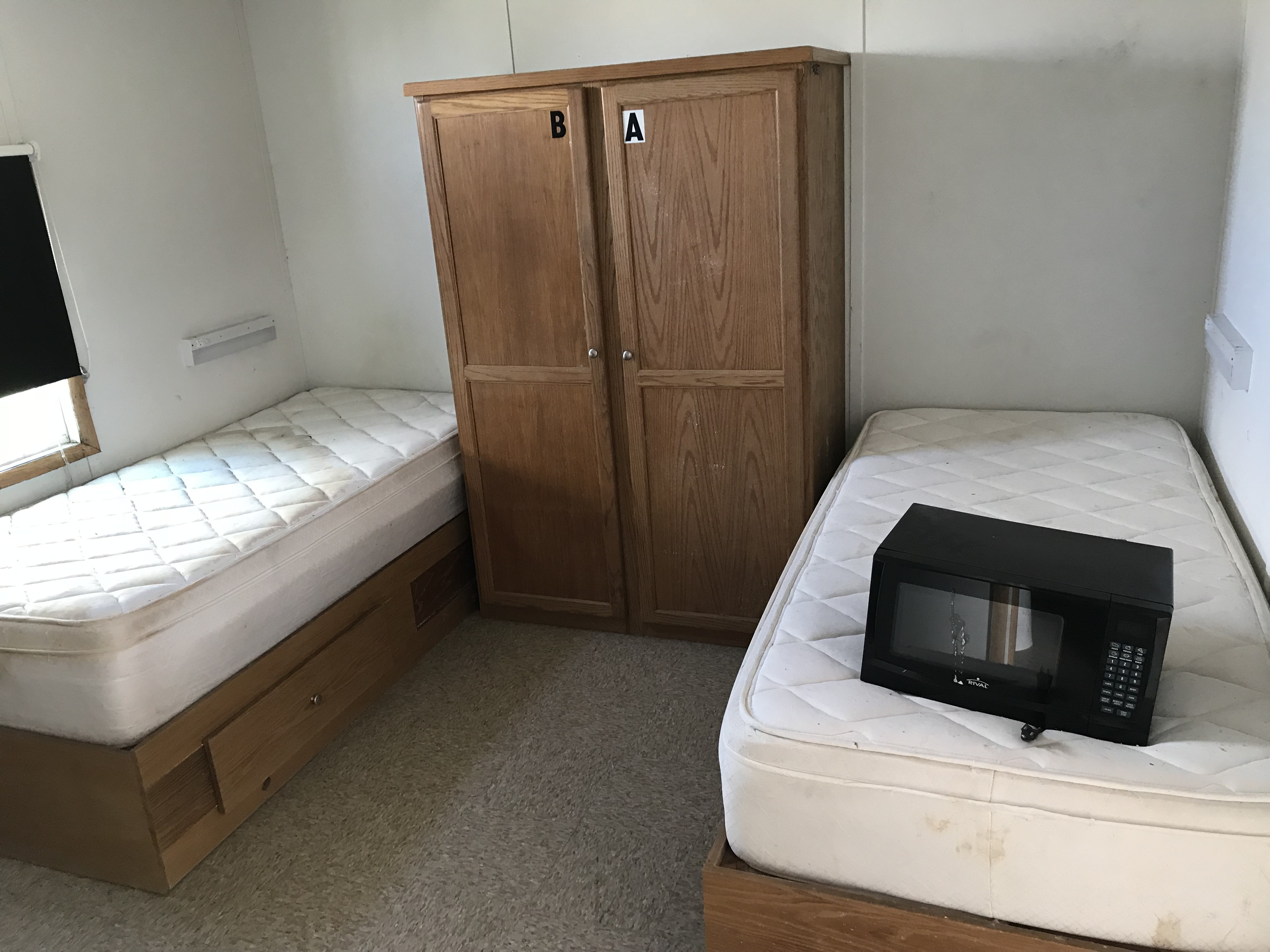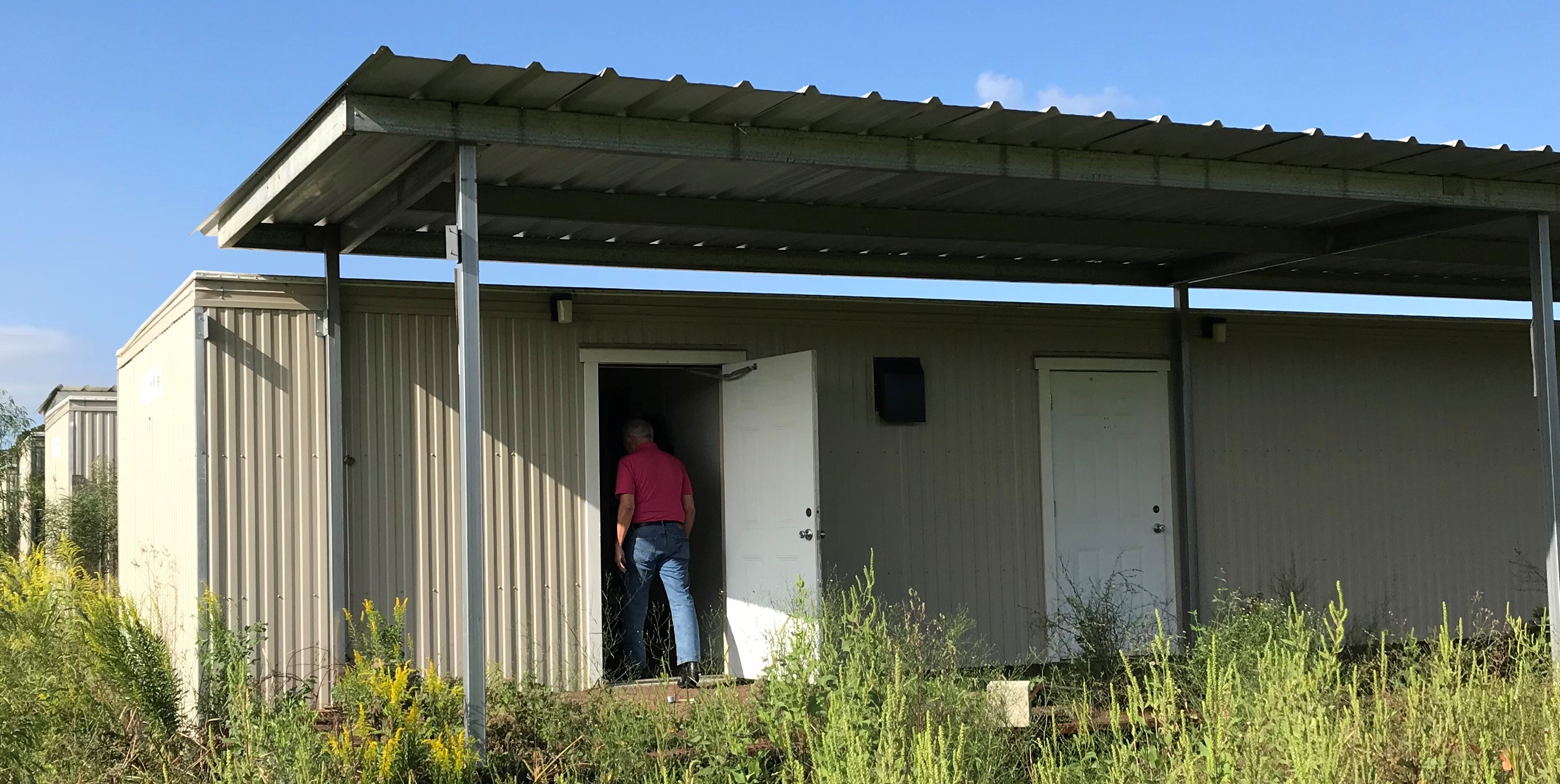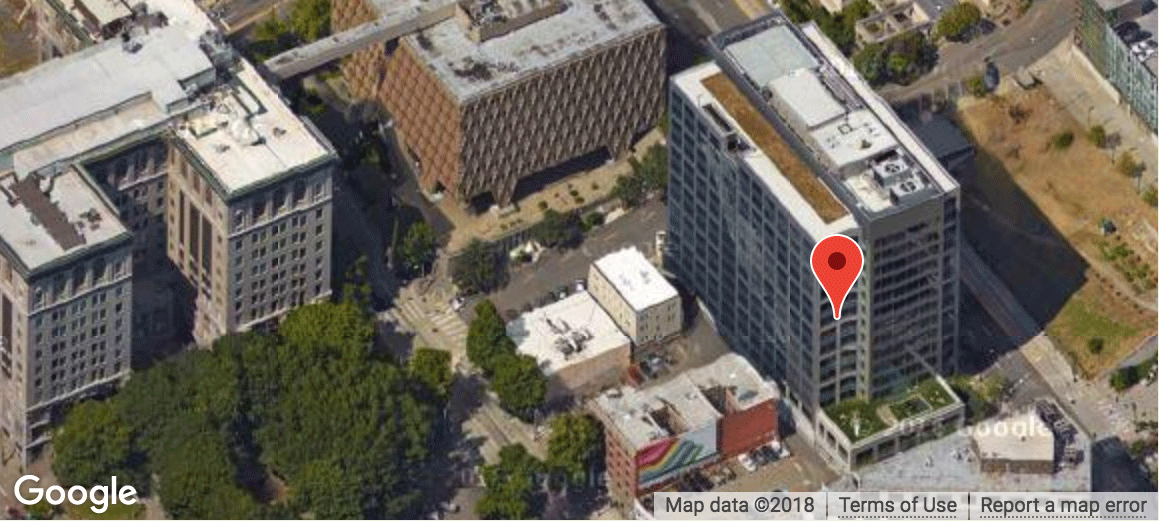Coming in from the cold: Executive Constantine announces package of emergency housing strategies in time for winter
Summary
King County Executive Dow Constantine announced a series of actions to provide housing and services for the most vulnerable. A total of between 285-310 new beds would be available by the end of the year, along with an additional day center and increased street outreach.
Story
After Executive Constantine declared a Homeless State of Emergency, he made all King County department directors responsible for addressing the issue of homelessness, including identifying surplus facilities and properties that could be pressed into service in the fight against homelessness. In 2017, King County converted a former Public Health clinic in White Center and a Sheriff’s Office facility in Kenmore into family shelters, operated by Mary’s Place. In late 2015, King County transformed the 4th and Jefferson Building into a shelter for adults with pets.
Today, Executive Constantine announced that King County will operate a temporary 24-hour enhanced emergency shelter in the West Wing of the King County Correctional Facility.
“Throughout King County government, we are constantly asking: what resources can we leverage to help people off the streets? What innovations can we deploy? What new approach can we try? These questions become all the more urgent as the days become shorter and colder,” said Executive Constantine. “These actions will help bring more people inside for the winter, and provide more outreach to those living on sidewalks, and in doorways, and parks.”
Until 2012, the space at 5th Avenue and Jefferson Street was used to house inmate workers and work release clients with 435 beds. It is currently used for staff education and training with classroom, training and physical fitness space, as well as equipment and records storage.
Under oversight by the Department of Community and Human Services (DCHS), the space would be converted to house between 125-150 single adults. Anyone without shelter would be welcome, including those exiting the justice system, a population identified by One Table as vulnerable to housing insecurity.
- Cost: About $2 million for capital improvement costs to prepare space and about $2 million for operating costs per year.
- Set up: 24/7 operations. Available space is on three floors, with office space for case management available on the first floor. Cots or bunks for sleeping. Individual lockers available for personal belongings. Bathrooms and showers.
- Provider: To be determined. Will work with service provider to develop infrastructure improvements and the onsite service plan, such as case management, employment, health and behavioral health, housing navigation.
As with every other shelter in the King County system, all stays are strictly voluntary, and those with historical trauma related to incarceration may choose to receive services at another location.
“I am concerned about people sleeping outdoors while a building with heat, beds, bathrooms, showers, and space for services sits empty. If I have the opportunity to ensure a warm, safe place for even one additional person, I have a moral obligation to act, and I will,” said Executive Constantine.
Modular housing: innovative solutions to the housing crisis
Executive Constantine also announced the purchase of modular housing units to create dormitory style bridge housing to help people transitioning from homelessness to permanent housing in the community. Housing is not time-limit
Purchased in Houston, the modular housing units were formerly used for oil workers. Each unit is equipped with four bedrooms, storage space, a bathroom and shower. With one to two persons per bedroom, up to 160 people will be housed. DCHS will serve those prioritized for housing in the homeless service system.
- Cost: $90,000 per unit, plus $30,000 per unit to transport to King County. Total: $2.4 million. Operating costs are to be determined.
- Sites: To be determined.
- Provider: To be determined
Expanded day center, outreach
King County will expand the 4th & Jefferson overnight shelter to include a day center and expanded street outreach.
The day center would offer a safe, warm place for people to come during the day (at least three overnight shelters are in the immediate area), hygiene services, and connections to case management and housing navigation assistance. Street outreach will help bring indoors people who are in the area and may be resistant to shelter or services.
- Cost: Operating costs approx. $1 million.
- Provider: To be determined. Salvation Army currently provides the overnight shelter and case management during the limited service hours.
As previously announced, King County is working to convert Harborview Hall to overnight shelter space for 100 beds, and working toward expanding the shelter to 24/7 at a later date if feasible. Assessment of renovation needs for this site is currently underway.
In August, Executive Constantine announced an order for 29 modular units to house approximately 100 people, the County’s first acquisition of modular housing to provide affordable, mobile units that can be placed into service much faster than units built by traditional construction. The County is also partnering with the City of Shoreline on a supportive housing project for 80-100 people that proposes to model modular construction for permanent affordable housing development.
“My announcements today reflect our ongoing commitment to the 12,000 people who are without housing on any given night, and they reflect my promise to the community to do everything in my power to ensure this region responds to the homelessness crisis with urgency, compassion, and innovative ideas,” said Executive Constantine.
These actions to help more people off the streets and into shelter by winter are in addition to investments upstream to prevent homelessness. It is by working collaboratively with partners on both emergency responses and root causes that the region will solve this crisis.
Relevant links
Quotes
Throughout King County government, we are constantly asking: what resources can we leverage to help people off the streets? What innovations can we deploy? What new approach can we try? These questions become all the more urgent as the days become shorter and colder.These actions will help bring more people inside for the winter, and provide more outreach to those living on sidewalks, and in doorways, and parks. I am concerned about people sleeping outdoors while a building with heat, beds, bathrooms, showers, and space for services sits empty. If I have the opportunity to ensure a warm, safe place for even one additional person, I have a moral obligation to act, and I will. My announcements today reflect our ongoing commitment to the 12,000 people who are without housing on any given night, and they reflect my promise to the community to do everything in my power to ensure this region responds to the homelessness crisis with urgency, compassion, and innovative ideas.
We have for years urged local governments to make good use of vacant public buildings to house and shelter our neighbors. It is good to see our County act to do more. I am hopeful that through sincere partnership with community, this may save lives, decriminalize a whole building, and elevate solutions we all can agree on.
It's a beautiful thing to imagine people voluntarily seeking and receiving help and support in a building that, until now, has represented a very different response to poverty and behavioral health issues. This could be transformative, if it is run in such a way that people actually want to come on a voluntary basis. It should be unmistakably welcoming to all people.
For me, homelessness is not an ethical issues, raising questions about did a person choose to be homeless or not, but rather, the homeless matter before us is a moral issue that should speak to every citizen that makes up our community and how we must bring public and private sectors together along with faith communities whether they are Christian, Muslim, Jewish or otherwise to bring an end to the homeless crisis in our community. When each one reaches one, that's the moral fabric a society needs to weave together a quilt of covering that can tackle this travesty and turn it into a triumph.
For more information, contact:
Alex Fryer, Executive Office, 206-477-7966

 Translate
Translate


